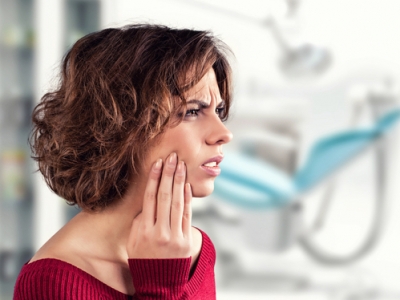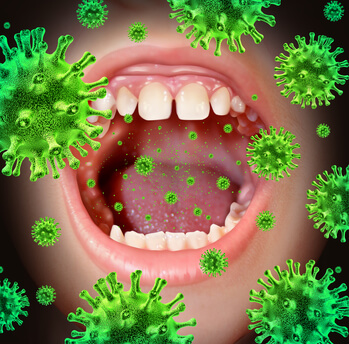As dentists, we understand the importance of good oral hygiene to prevent oral disease. Meticulous tooth-brushing, flossing and gargling with an antiseptic mouthwash are the bedrock of preventive dental care. I have often wondered why some patients, despite their impeccable oral hygiene, continued to have rotting teeth, bleeding gums and bone loss. This blog will discuss other, lesser-known causes of …
Oral Hygiene – Bedtime Routine
Everyone has their own unique bed time rituals. Some people like to check their social media accounts while others pay attention to their hygienic habits before jumping off to bed. Taking a shower or applying some anti-aging skin treatments are popular to some. However, one thing most people commonly forget to do before retiring at night is brushing their teeth. …
The long road to recovery
By world standards, Australians we are well-educated community and health-savy bunch. Ask them what it takes to live healthy and they will readily mention the importance of a balanced diet, regular exercise and having downtime to de-stress from our “always on” lifestyle. What if we did everything we are meant to do but still feel extremely fatigued and tired? It is often at these cross-roads that patients need the guidance of an open-minded health practitioner to search the clues for answers. Looking at routine blood tests, reviewing patient scans and performing a physical examination are simply a starting point for diagnosis. Ask questions, lots of questions and search for the “WHY?”
Let’s rethink the “germ theory” of disease!
Have you ever wondered where our modern-day thinking of germs and diseases comes from? Before Louis Pasteur put forward his “germ theory” of disease in 1861, it was commonly thought that diseases of the body started spontaneously. The thought of humans being the cause of diseases spreading was unheard of. Medical doctors of the time would routinely examine a deceased …
Sugary tales from the tooth doctor
Eat your chocolate slowly and allow it to melt in your mouth! Savour the moment and close your eyes … Are you a dark or milk chocolate lover? Does it’s taste take you to the past or drive you towards your next adventure? If you tell me your what your chocolate preference is, I can quite accurately describe certain aspects …
Beauty is not just skin deep — it’s deeper
Ever wondered why the girl next door has beautiful glowing skin but doesn’t eat the healthy foods that you do? Your skin looks tired and run-down, despite the litres of water and wholesome foods you are consuming. Why? The answer may lie in the structure and function of your mouth. This blog discusses how symptoms such as chronic headaches or …
Eliminating Dental Stress
Afraid of the dentist? Do you put off your dental appointments due to fear or anxiety? You are certainly not alone! True dental phobia is a problem amongst 2.5 million Australians according to some surveys. The most recent survey conducted by Australian Research Centre for Population Oral Health in 2008 made some interesting observations. It turns out that of those …
Poor breathing and reflux: The link
Since I began looking into people’s mouths some 20 years ago, a disturbing number of them often showed signs of severe acid damage on their teeth. The question we asked our patients back then was, “Do you drink lots of acidic beverages (like coke) or do you have reflux?”. If the answer about the drinks was negative then a referral …
How your mouth affects your posture
Poor body posture is often associated with chronic back and neck pain, but did you know that the mouth can be a major cause? My earliest memories on posture come from primary schooling. Our teachers reprimanded us to “sit up straight” in class as though our slouching was a sign of nefarious intentions. For the teacher, at least, good posture …
Pain, pain, go away!
Think of a toothache and many would empathise with the borrowed saying: “Pain, pain, go away! Please do not come back another day!” Pain motivates us to seek medical care yet non-painful health issues are often treated with less urgency — and sometimes the cause of pain is not easily recognisable. Let’s take diabetes, for example. Few diabetics sense any pain …
- Page 1 of 2
- 1
- 2





